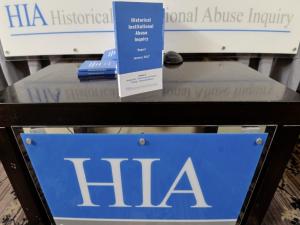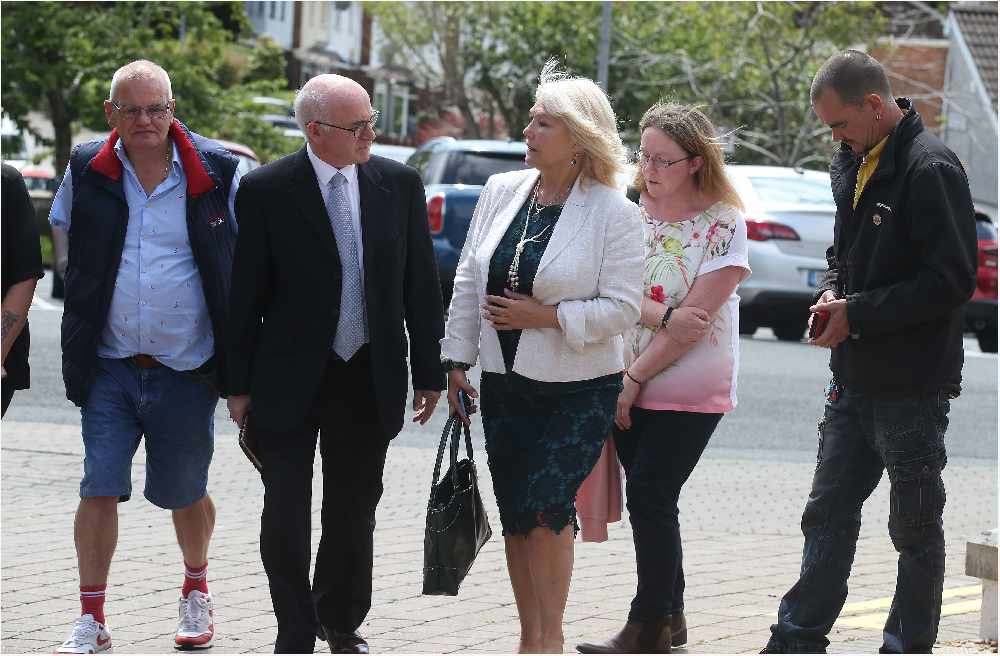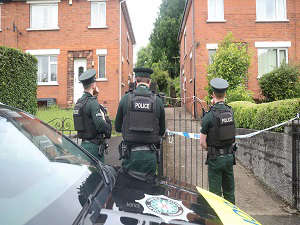
By Rebecca Black, PA
A potential ten-year timescale for compensation to be paid to all survivors of historical institutional childhood abuse is “not acceptable”, a Stormont committee has heard.
Compensation has begun to be paid out to those harmed in residential homes run by religious orders and the state in Northern Ireland, since the fund was opened last year.
The payments were a key recommendation in the outcome of the Historical Institutional Abuse Inquiry.
Fiona Ryan, commissioner for survivors of institutional childhood abuse, said one year on from the first applications, 506 have gone to final determination.
She said the redress board was “established under the presumption that there will be 5,000 applications”, which she said suggests that based on current figures, it could take “up to 10 years to complete this work”.
“Frankly, for victims and survivors, the majority of whom are in their 60s and 70s, asking someone to potentially consider a ten-year timeline, it’s just not acceptable,” she told the Stormont Executive committee.

(HIA advocates)
“Victims and survivors have waited long enough. I think it’s important that we understand that the rate of progression would need to increase.”
Ms Ryan also criticised the communication with abuse victims and survivors, describing the redress process as “highly legalistic”.
“We’re constantly being asked how long would it take to the next stage, they don’t have an idea of the overview,” she said.
“And relying on solicitors in the middle of Covid, where people may not even be in the office – it’s not really good enough for victims and survivors.”
She said survivors of the institutions were “scattered around the globe”, some living as far away as Australia, but most resident in Northern Ireland and Great Britain.
Ms Ryan, who was appointed last year, said that as commissioner, she has a duty to encourage the provision and co-ordination of services to victims and survivors, and to monitor some services which extend to the redress board.
She also told MLAs that she understands there is still an intention to go ahead with a public apology to victims and survivors.
Detailing how there are a wide range of views around an apology among victims and survivors. she said she understands the Executive Office “has been working in relation to proposals”.
Ms Ryan says she has been encouraging the redress board to mark its first anniversary by engaging with victims and survivors to review the process.
Committee chairman Colin McGrath (SDLP) thanked Ms Ryan for her evidence.
He said the pursuing of the apology to victims and survivors is important, adding it will be there for those that want it, while those that do not can dismiss it.


 Man remanded in custody charged with murder of Belfast pensioner
Man remanded in custody charged with murder of Belfast pensioner
 Public urged not to ‘rush to judgment’ over Belfast protest arrests
Public urged not to ‘rush to judgment’ over Belfast protest arrests
 Belfast Trust facing highest-level accountability process after critical report
Belfast Trust facing highest-level accountability process after critical report
 Man charged with murder of 71-year-old woman in Belfast
Man charged with murder of 71-year-old woman in Belfast
 ‘Significant deterioration’ in Eleanor Donaldson’s medical condition, court told
‘Significant deterioration’ in Eleanor Donaldson’s medical condition, court told